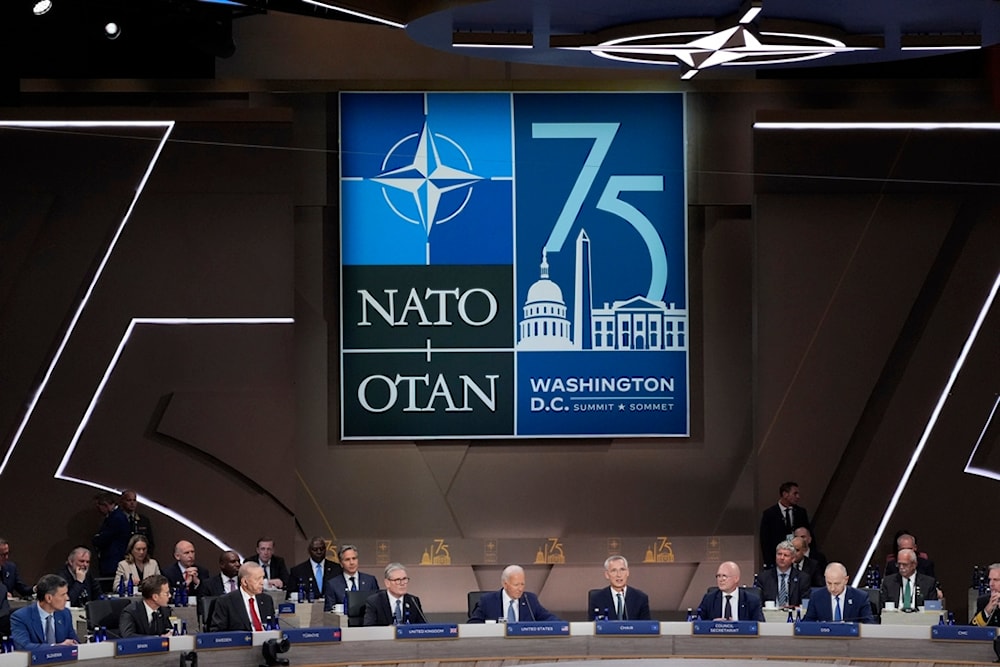US, Germany announce hypersonic long-range fire deployments to Germany
The US and Germany announced that the US will start episodic deployments of long-range fire capabilities to Germany in 2026 to establish a lasting presence and support NATO deterrence efforts.
-

President Joe Biden speaks during the opening session of the NATO Summit, Wednesday, July 10, 2024, in Washington (AP Photo/Evan Vucci)
Amid a NATO summit in Washington on Wednesday, the US and Germany announced in a joint White House statement that the US will start episodic deployments of long-range fire capabilities to Germany to establish a lasting presence in the region.
"The United States will begin episodic deployments of the long-range fires capabilities of its Multi-Domain Task Force in Germany in 2026, as part of planning for enduring stationing of these capabilities in the future. When fully developed, these conventional long-range fire units will include SM-6, Tomahawk, and developmental hypersonic weapons, which have significantly longer range than current land-based fires in Europe," the joint statement said.
Exercising these advanced capabilities will showcase the US's commitment to NATO and its role in European integrated deterrence, the statement added.
In February, Chancellor Olaf Scholz claimed that NATO member countries are not planning on confronting Russia in a war.
"We don’t see ourselves at war with Russia and don’t seek confrontation with Russia," the chancellor said in an op-ed for the Wall Street Journal.
Read more: Germany warns of Russian 'attack' on NATO within ‘5-8 years’
Last month, Tino Chrupalla, co-leader of the right-wing Alternative for Germany party, urged Scholz to host peace negotiations on Ukraine within Germany rather than transforming the nation into a NATO "military outpost."
"You are increasingly making us its [NATO’s] military outpost. Make better use of [Hungarian Prime Minister] Viktor Orban's presidency in the EU Council and invite all warring parties to peace talks in Germany. That would be a sign of sovereignty," Chrupalla said, speaking in the German parliament after Scholz.
Chrupalla also questioned why Germany's NATO allies have not assisted in investigating terrorist attacks on the nation's vital infrastructure, seemingly referencing the explosions at the Nord Stream and Nord Stream 2 gas pipelines in September 2022.

 2 Min Read
2 Min Read








